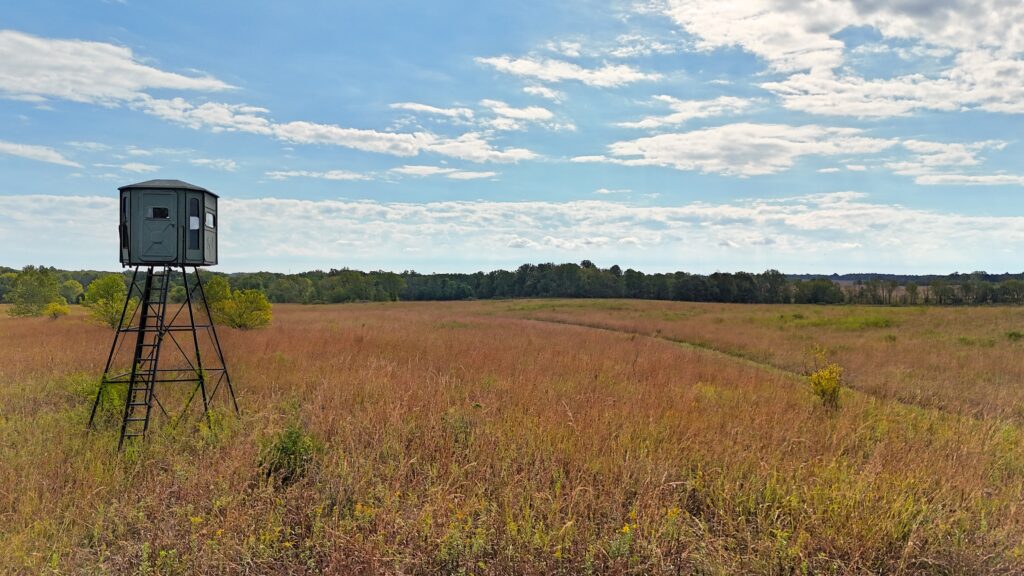If you’re a real estate investor, landowner, or a recreational land buyer with a passion for hunting, purchasing hunting land can be an exciting yet complex process. Whether you’re seeking an exclusive retreat or a profitable investment, several critical factors should guide your decision-making. Here are some essential tips to consider when searching for the perfect hunting land.
Understand Local Hunting Regulations and Zoning Laws
Before you buy, familiarize yourself with the local hunting regulations and zoning laws. These rules dictate what types of hunting are permitted, the hunting seasons, and any restrictions on land use. For example, some areas may not allow hunting due to conservation efforts. Understanding these regulations upfront ensures that the land is suitable for your intended hunting activities and helps you avoid legal complications.
Evaluate Wildlife Populations and Habitat Quality
The quality of your hunting experience heavily depends on the wildlife populations and habitat quality of the land. Spend time observing the land and consulting local experts to assess the presence and health of game species. Look for signs of wildlife such as tracks, trails, and droppings, and consider the availability of water sources and food supplies that support healthy wildlife populations.
Assess Land Accessibility
Accessibility is another critical factor when purchasing hunting land. Check the conditions of the roads leading to the property and whether they are accessible year-round or only seasonally. Poor access can be inconvenient and may limit your ability to enjoy the property fully. Consider the potential cost and effort required to improve accessibility if necessary.
Calculate Financial Investments for Land Improvements
Consider the financial investment needed for any necessary land improvements. This could include building structures like cabins or blinds, clearing land for better visibility, or enhancing water access for wildlife. Calculate these costs early in your decision-making process to ensure they fit within your budget and add value to your investment.
Research Land History
Understanding the history of the land is vital to avoid unforeseen environmental or legal issues. Investigate previous land uses, such as farming, logging, or industrial activities that could have left behind contaminants or legal liabilities. A thorough land history review can also provide insights into the land’s natural characteristics and its potential for supporting diverse wildlife.
Consult with Local Hunting and Wildlife Management Experts
Engage with local hunting and wildlife management experts who can offer valuable insights into the land’s hunting potential. They can advise on habitat management practices that could enhance your hunting experience and offer recommendations for sustainable land use.
Conclusion
Purchasing hunting land is a significant investment that requires careful consideration and due diligence. By understanding local regulations, evaluating wildlife habitats, assessing accessibility, and consulting with experts, you can secure a piece of land that not only meets your hunting needs but also appreciates in value over time. Ready to explore your options? Connect with our team of real estate experts to start your search for the perfect hunting land today!





